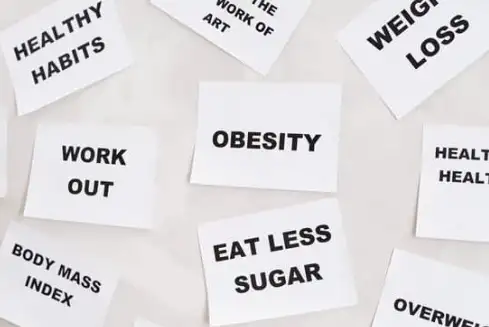
The Obesity Debate: 3 ways to shut that down
By now most people are aware that obesity is at an epidemic level. If you never ready any health statistic, its obviously seen in our everyday lives. Most people are also aware of its association with diabetes, heart disease and other health problems. This has given rise to much scientific study to help identify the cause. Sounds silly, but yes, billions of dollars are being spent each year trying to pinpoint the exact cause of obesity. Its unfortunately also given way for opportunism. Billions of dollars are being made across various industries: Nutrition supplements, bariatric surgeries, pharmaceuticals, alternative medicine and the latest, podcasting or content creating on personal theories.
So, what is the debate?
Let’s look at the facts. The obesity epidemic has manifested in the past 25–30 years. During this same time, the numbers of people with associated health problems has also increased exponentially. Not surprising, the number of pharmaceuticals to address these health conditions has expanded. Not unrelated, there has been a rise in clinical depression and anxiety during this period. We have also seen a dramatic decrease in physical activity as it was largely removed from school curriculum while the advent of smart devices has made physical activity less attractive.

If you surf the internet, you will find the “great debate”. What causes obesity? Here’s a short list:
- Mental disease (ie. food addiction, depression, compulsive eating)
- High fructose corn syrup
- Sugar
- Too much Protein
- Too little Protein
- Genetics
- Racism
- Culture
- Tainted food supply
I could go on, but I think you get the point. Everyone has their own take on obesity including that it’s not a “problem” at all. Body positivity has given way to the normalization of obesity in mainstream media. However, in the medical world, it remains a problem and a burden to the healthcare system.
Anyone with a sound mind knows that when you take way physical activity, you take away the body’s ability to burn calories and regulate weight. The reasonable mind will also come to the conclusion that people are eating larger amounts and more frequently now than we did 20–30 years ago. The explosion of low nutritive quality snacks coupled with larger portion sizes in restaurants and grocery items have surely increased the total amount of calories in the average diet.
So how do we shut this down?
1. Reject any theories that promise a quick fix.
2. Embrace a lifestyle that supports regular physical activity and a diet that focuses on #1 eating only when hungry and #2 raw foods at least 2–3 times daily.
3. Find out your BMI (body mass index) which is an estimate of what percentage your body is made up of fat. If your BMI is over 30, you may benefit from the assistance of a weight loss Registered Dietitian. The RD can help you understand what level of calories (including micro and macro nutrients) are most appropriate for you given your individual body dynamics.

If you have an existing health condition, a specialty RD is the most qualified person to manage your disease along with safe weight loss.
For more information and resources,
please visit us at www.Turn-wheel.com
